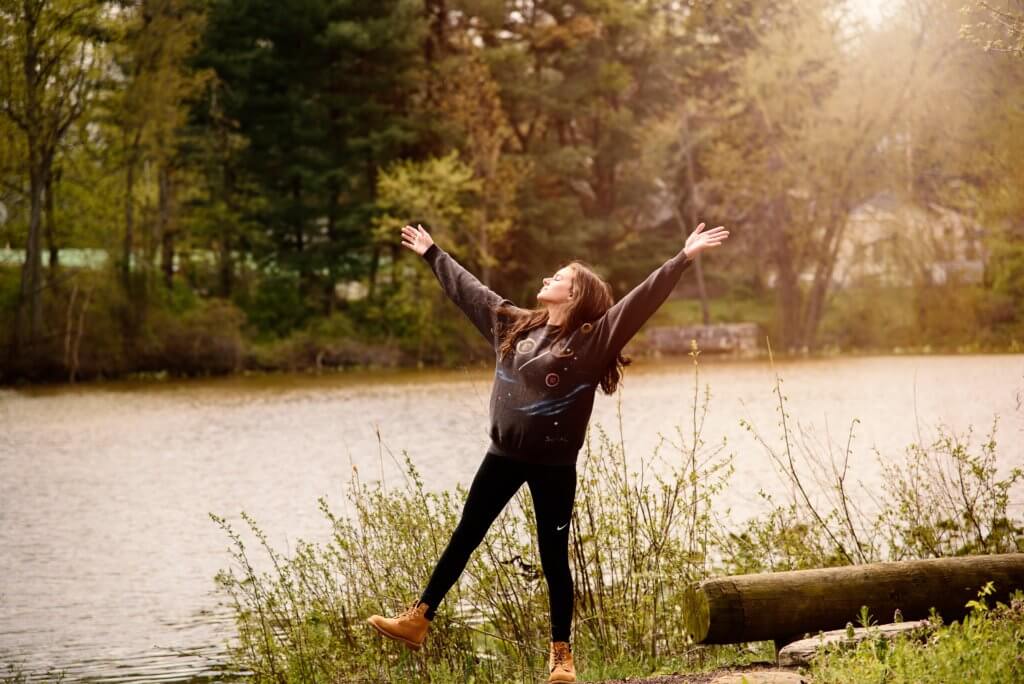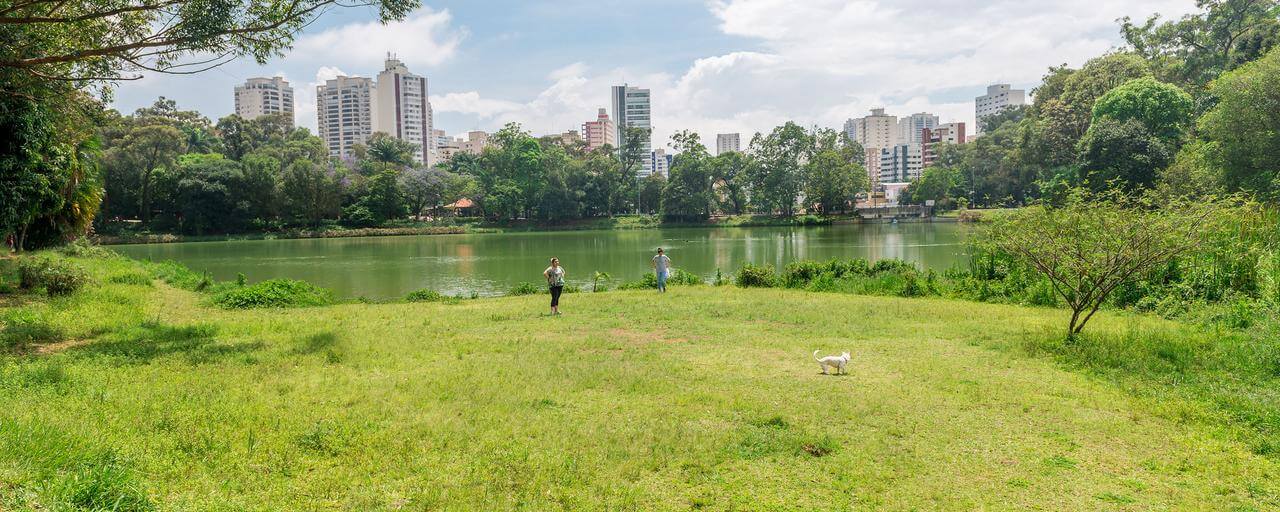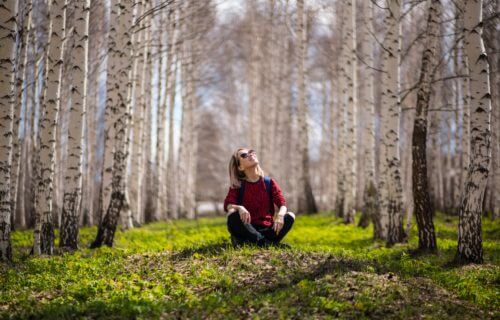LONDON — People who spend more time outside are healthier, more energetic, and more productive than those who do not. A study of 2,000 adults reveals those spending 20 hours or more per week in a green or natural space were 41 percent more productive on an average day than those spending less than 30 minutes a week outside.
Three-quarters of all adults claim time in nature or green spaces gives them a boost of happiness that keeps them going all day – a feeling experienced by 92 percent of those spending the most time outside. Meanwhile, 79 percent said it also makes them feel healthier and more energetic.
A clearer mind (44%), sleeping more soundly (28%), and feeling less stressed (38%) are also among the top health benefits people reported after going outdoors – as well as feeling better physically and mentally (70%). Those spending more time than they would like indoors often feel sluggish (37%), tired (25%), and isolated (16%).
The study was commissioned by the Greener Communities Fund, a partnership between Hubbub, National Health Service (NHS) Charities Together, and Starbucks.
It follows a 2022 study by The National Academy for Social Prescribing charity, which found spending time in nature can benefit long-term health and well-being. Research from 2020 by Public Health England also found being in nature can even help reduce the pressure on the U.K.’s National Health Service.
“People not only feel better when they visit outside spaces, they work and play better too. And as well as helping us connect with the natural world, outdoor experiences provide a much-needed chance to decompress – and can make a huge difference to our overall health,” says spokesperson Louise McCathie, director of fundraising at NHS Charities Together, in a statement.

The study also finds that as well as feeling healthier, those who spend more time in nature are more likely to adopt behaviors that are good for the environment. These behaviors include eating a more plant-based diet (18%), choosing to walk or cycle rather than driving (31%), and recycling more (55%).
Moreover, 54 percent said their attitude toward the environment had been influenced by spending time outdoors, and 13 percent even started picking up litter on their walks. Two-thirds said spending time outdoors makes them take more care of their well-being, with 46 percent feeling relaxed and 42 percent being calmer and brighter.

The study, carried out by OnePoll, also reveals the best things about being outside are fresh air (64%), the scenery (47%), and seeing animals and wildlife (46%). Noticing the change in seasons was a favorite for 35 percent, while 11 percent loved wrapping up in a warm coat.
Despite enjoying being outside, lack of access to green areas and attractive parks was a barrier to spending more time in nature for one in 10. Another 19 percent felt they didn’t have time to head outside more often, and eight percent didn’t feel safe enough.
Of those who spend the least time outdoors each week, 34 percent said having better access to an area of natural beauty would encourage them to spend more time in the open air.
“The more time we spend in nature, the more we all benefit – and it’s so important that everyone gets that chance,” says McCathie.
72Point writer Vicky Duncan contributed to this report.

